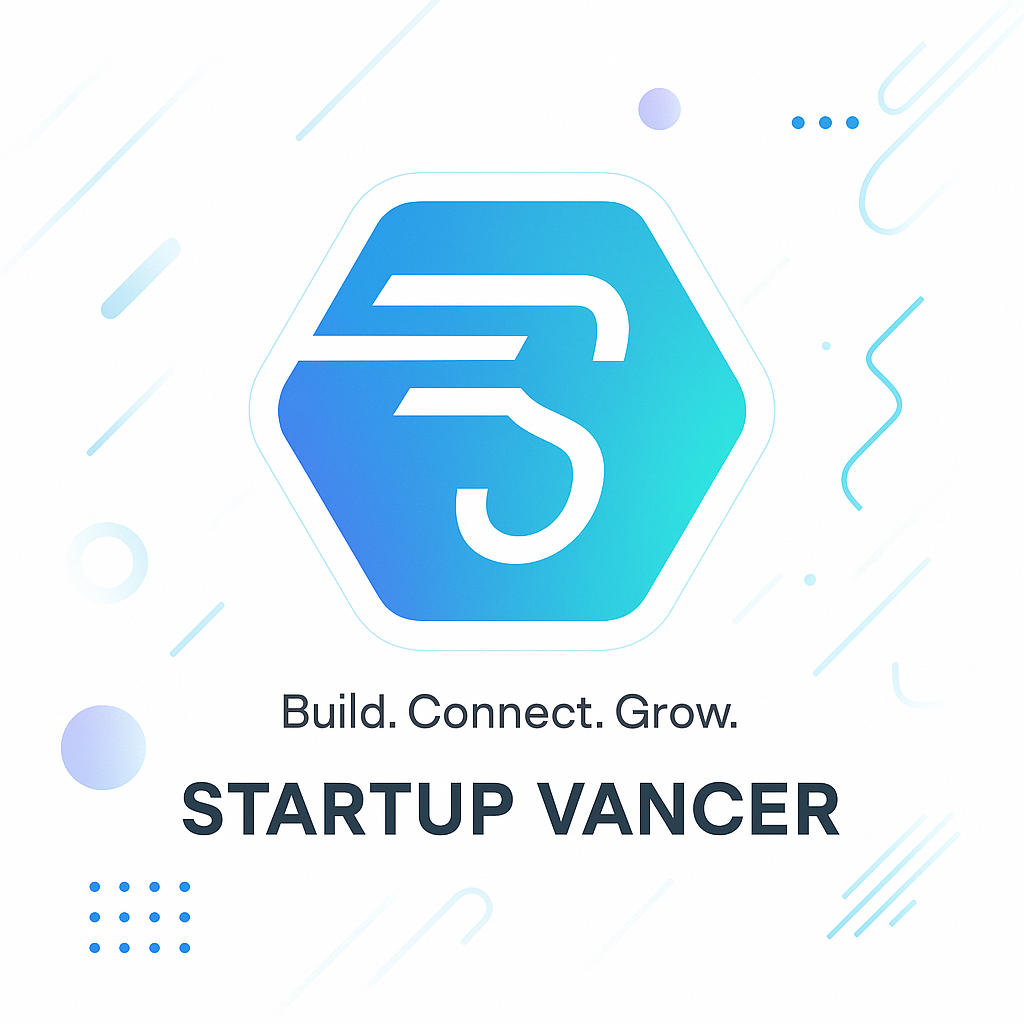
In the rapidly evolving world of gaming, the path from a mere concept to a flourishing indie game hit can seem daunting, yet it offers immense opportunities for creative visionaries. Aspiring game developers often grapple with transforming their innovative ideas into tangible successes that captivate audiences. To achieve game startup success, one must master the art of crafting a unique game concept, assemble a dedicated team, and implement effective marketing strategies. Each of these elements plays a crucial role in not only launching a game but also ensuring its resonance in a competitive marketplace. By exploring these key components, budding entrepreneurs can gain valuable insights into navigating the intricate landscape of the gaming industry.
Crafting a Unique Game Concept for Startup Success
A game startup’s success hinges significantly on the originality of its game concept. To develop a captivating idea, entrepreneurs should focus on identifying gaps in the current market and exploring untapped genres. Thorough research on competitors coupled with player feedback can provide valuable insights into what resonates with the audience.
Additionally, leveraging storytelling elements can elevate the gaming experience. A strong narrative can be the backbone of a game, drawing players into its universe. Furthermore, incorporating innovative mechanics not only enhances gameplay but can distinguish the project from others in the market. Ultimately, a well-crafted concept that blends creativity and market awareness is instrumental in driving a game startup’s success to new heights.

Building the Right Team for Game Startup Success
In the competitive landscape of the gaming industry, assembling a capable and passionate team is crucial. Building the right team involves identifying key roles and recruiting individuals who complement each other’s skills. Developers, designers, marketers, and sound engineers each contribute unique expertise that can elevate a game from concept to reality.
Collaboration is essential; fostering a culture of open communication allows creative ideas to flourish. By utilizing project management tools, teams can streamline workflow and enhance productivity, ensuring that everyone stays aligned with the project’s vision. Moreover, investing in team-building activities builds rapport, which leads to improved morale and sustained motivation during challenging phases. Ultimately, a cohesive effort from a well-rounded team paves the way for a promising game launch.
Effective Marketing Strategies to Ensure Game Startup Success
To thrive in the competitive landscape of indie games, employing effective marketing strategies is essential. First, understanding the target audience plays a critical role. Developers must define their player demographics and preferences, tailoring marketing efforts to resonate with these groups.
Next, leveraging social media platforms can significantly boost visibility. Engaging content such as behind-the-scenes footage, gameplay trailers, and community polls can foster a loyal following. Utilizing platforms like Twitter, Instagram, and Discord not only enhances brand awareness but also builds a dedicated community around the game.
Moreover, influencers can amplify outreach. Collaborating with gaming influencers for reviews or gameplay videos can introduce the game to wider audiences. Additionally, participating in gaming conventions and expos offers opportunities for direct player interaction, garnering valuable feedback and media attention. By combining data-driven insights with creativity, game startups can effectively navigate the marketing landscape and enhance their chances of achieving remarkable results.
Frequently Asked Questions
What are the initial steps to turn an idea into a game startup?
To transform an idea into a game startup, one must first conduct thorough market research to understand the target audience and identify gaps in the gaming market. Following this, creating a detailed game concept document is essential, outlining gameplay mechanics, narrative, and visual style. Additionally, assembling a skilled team comprising game designers, programmers, artists, and marketers is crucial to bring the vision to life. Crafting a prototype can further validate the concept and attract potential investors.
How important is funding in the success of an indie game startup?
Funding plays a pivotal role in the success of an indie game startup as it allows developers to invest in essential areas such as production, marketing, and distribution. Sufficient financial resources can ensure that quality is maintained throughout development and allow for necessary iterations based on beta testing feedback. Various funding options exist, including crowdfunding, angel investors, or securing grants, and each can provide the necessary capital to scale the startup effectively and maximize its potential for success.
What strategies can indie game developers employ to market their games effectively?
Indie game developers can adopt several marketing strategies to effectively promote their games. Building a strong online presence through social media platforms and a dedicated website is crucial for engaging with potential players. Furthermore, participating in gaming festivals, conventions, and online gaming communities helps in networking and gaining visibility. Collaborating with influencers and content creators to showcase gameplay can also build anticipation prior to launch, while launching a demo or beta version can generate buzz and gather valuable feedback to refine the final product.






